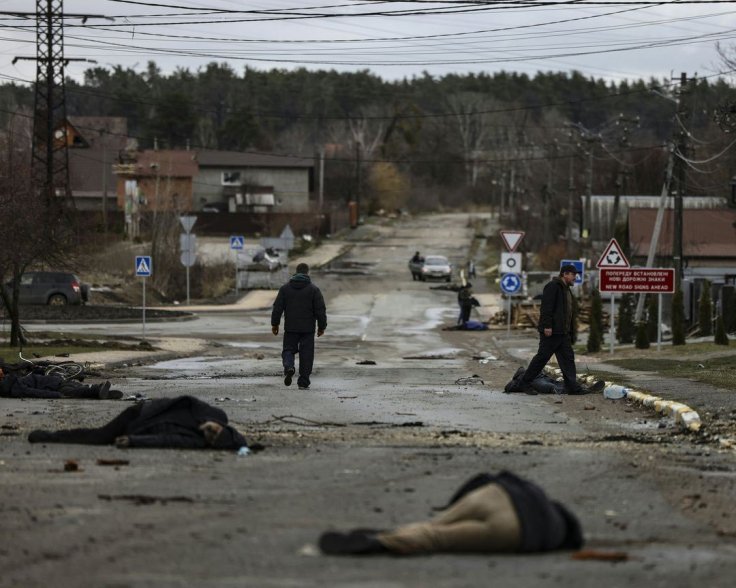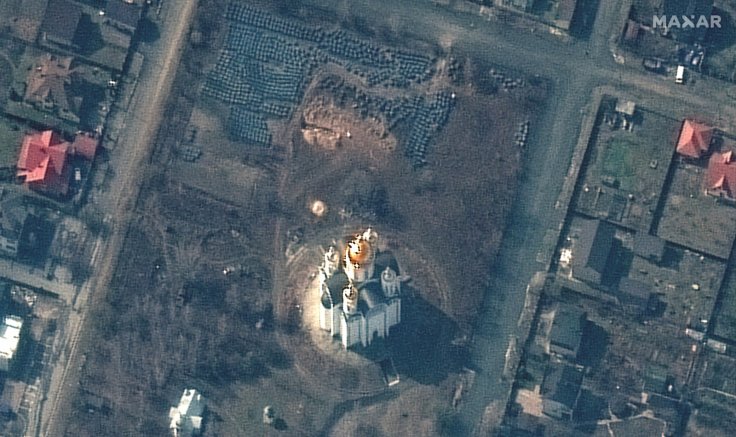The German foreign intelligence agency intercepted radio communications between Russian soldiers when they discussed carrying out indiscriminate killings in Ukraine's cities, according to a report.
"It's true that the federal government has indications of Russian perpetration in Bucha," German news magazine Der Spiegel quoted a source as saying.

The report claimed that the intelligence office had intercepted the radio messages of Russian soldiers and presented their findings in parliament on Wednesday.
The intelligence agency had similar other recordings but it could not verify the origin of tapes, that suggested civilian killings in Ukraine's cities.
Germany Has Satellite Images of Russians Involvement in Bucha Killing
An intelligence official related to the matter revealed that Germany has satellite images that point to Russia's involvement in the killing of civilians in Bucha but the radio transmissions have not been linked to that location.
Germany's foreign intelligence agency BND could match signals intelligence with videos and satellite images to make connections to specific killings, two people related to the matter.

German Intel Officials Briefed Parliamentary Committee
Two officials related to the matter have told that a private military unit with close ties to Russian President Vladimir Putin and his allies has played a role in attacks on civilians.
German intel officials briefed two parliamentary committees on their findings. "The reported cruelties have affected the members of the respective committees where it was reported very strongly," a committee member revealed who was briefed on the matter.

The member also said the involvement could have been by the Wagner Group or another private contractor of Putin's army.
The intel agency has high confidence in its findings but the agency has not revealed how did they obtain the radio communications.
Another member who was briefed on the matter revealed that the findings added to understanding the attitudes of the Russian military but the final evidence remained of "who shot whom" is still complex.









